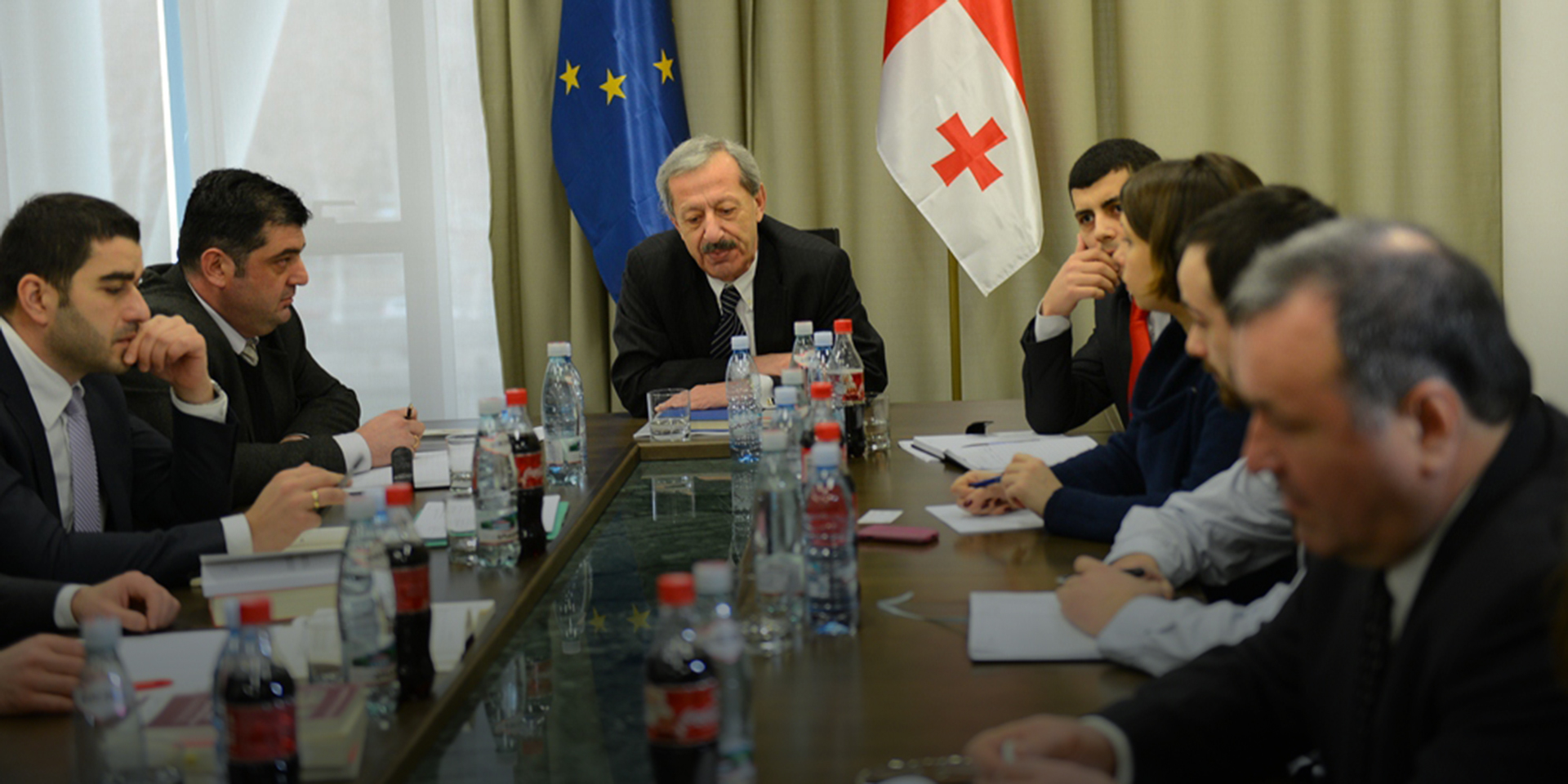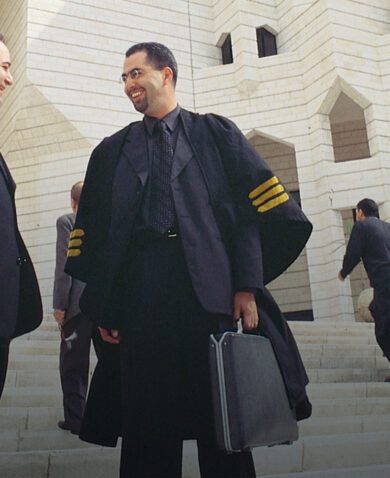
Paving the Way for Business
May 28, 2015 | 3 Minute ReadMembers of the Georgian parliament discuss reforms to encourage an enabling environment for business.
Since the mid-2000’s, Georgia has achieved significant gains in business enabling environment reforms. How has PMCG transferred that experience to its clients?
Serving as the Minister of Finance (2005-2007) and Minister of Economic Development (2004-2005), I, together with the government team supported by international development partner institutions (specifically with the USAID Business Climate Reform in Georgia project managed by Chemonics), successfully conducted a series of reforms in public finance, tax, and customs policy and administration, promoting economic liberalization and private investment. Good governance, transparency, and accountability enabled the reform agenda that created a framework for supporting the business environment as well as increasing government revenues. The reforms created easy and simple policies to increase self-compliance, decrease administration costs, and eliminate systemic corruption where possible. This systemic reform also entailed cultural changes, especially for a country with post-Soviet legal and institutional frameworks.
Gaining this unique experience conducting policy reforms and cooperating with international partners, we formed a development consulting company – Policy and Management Consulting Group. From the starting point until now, our effort has been targeted at supporting transitional countries in enhancing good governance and business enabling environment. Besides Georgia, PMCG’s work has included several other developing countries, including Afghanistan, Albania, Kosovo, Kyrgyzstan, Moldova, Mongolia, Mozambique, Tajikistan, and Ukraine. Thanks to the bilateral commitment of the donor agencies and the governments, PMCG has transferred the Georgian and regional experience to its clients by adjusting and tailoring best practices to the country’s environment, resulting in improved overall efficiency of business environments through the creation of transparent, responsive, and credible public service delivery mechanisms.
How can public-private dialogues contribute to the reform process?
Working with the governments in the EU harmonization process, we analyze the guiding requirements of the EU legislation and relevant best practices and we rely on a participatory approach to smooth regulatory challenges and provide viable solutions with private sector engagement. Public-private dialogue is an effective mechanism to overcome and mitigate challenges of the EU harmonization process and implementation of the Deep and Comprehensive Free Trade Area (DCFTA) agreement. In this context, intensive dialogue between government and the private sector and general society is pivotal to ensure that the government does not: (a) over-regulate the business during the EU legislative approximation; (b) delay the DCFTA implementation; and (c) follow an inconsistent policy-making agenda. We have been working with governments in establishing various public-private dialogue platforms covering variety of sector policies. As an example, within the framework of the two-phased project supported by Konrad Adenauer Foundation (Germany), PMCG facilitates policy research on diverse economic issues and organizes public discussions to effectively communicate and disseminate the research findings and recommendations to the targeted audience.
You mentioned tailoring best practices. Can you give us an example of best practices that need tailoring?
Georgia, having signed the Association Agreement (AA) with the European Union, made a commitment to further reforms and to harmonize its legislation with the EU requirements, including the clauses set out in the DCFTA agreement. For example, one of the issues with AA is legislation regarding labor migration, an important legal framework against human trafficking and illegal migration. The government initiated a draft law by copying an EU member country’s law which was considered best practice. In short, this law states that if a company needs to hire a foreign citizen, it has to first provide the job’s terms of reference and qualifications to the relevant government agency and ask the agency to find the appropriate candidate on the local labor market. The company will only be allowed to hire a foreign professional if the government agency is unsuccessful. After pressure from the Georgian business community, the government consulted with experts of other eastern EU countries. They discovered that this rule is a sovereign decision of the country. The EU only requires that a country have a regulatory framework for illegal labor migration. The “best practice” law which was copied could actually have brought a heavy burden to economic growth and the social state of the country. This is a clear example of how countries can make mistakes when influenced by international best practices. Countries like Georgia, with a small and poor economy (population of 4 million, with $3,800 per capita GDP), striving for an attractive investment environment, may impose rules that could easily damage its business and investment environment.
We believe that a free market economy is a good solution for a country’s development. A reliable business environment, liberal regulatory framework, and good governance are crucial pieces of the puzzle. Although the end goal is clear, knowledge of the local and regional environment and a tailored and properly sequenced reform agenda are of vital importance for achieving the desired state and improving human lives in a given country.




























